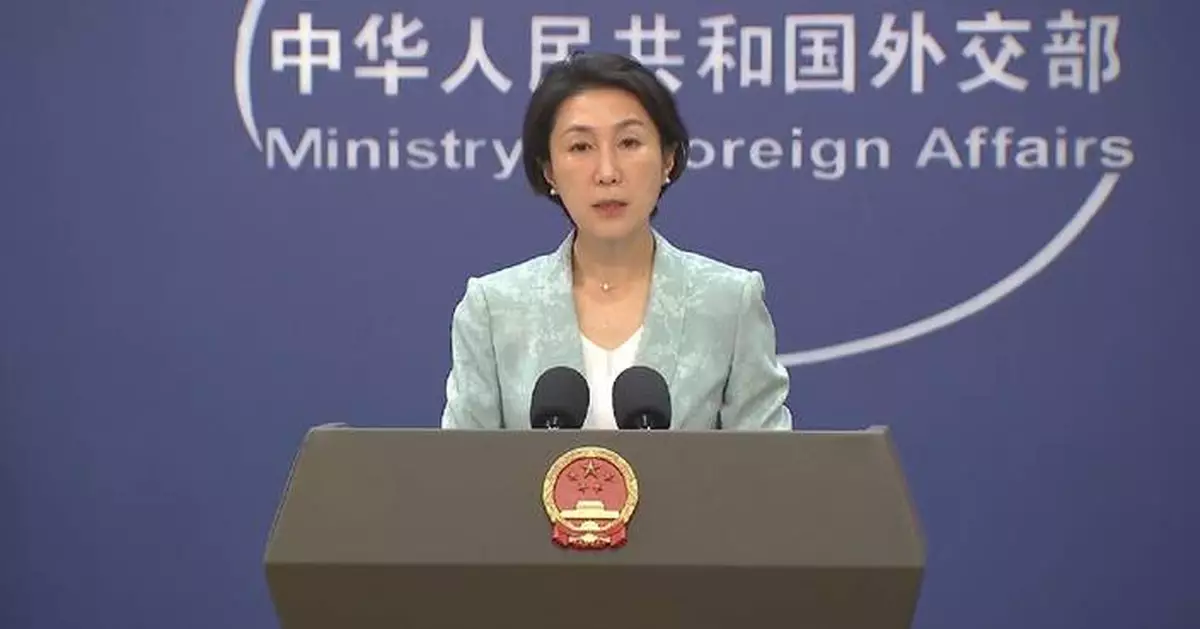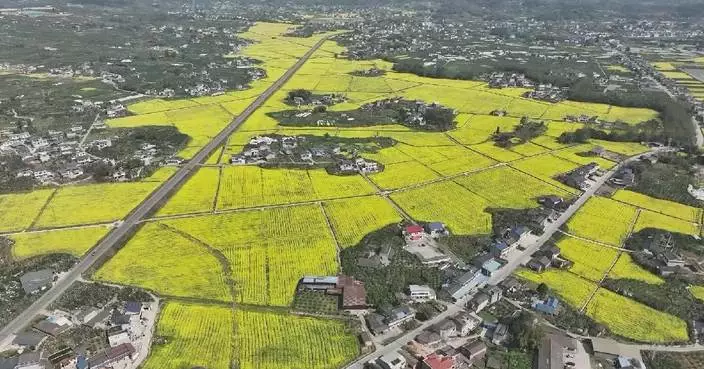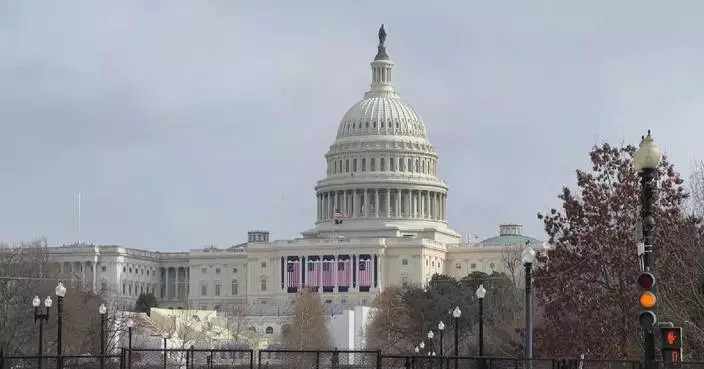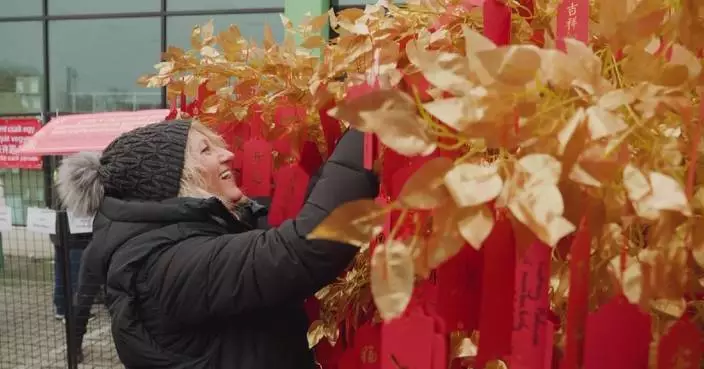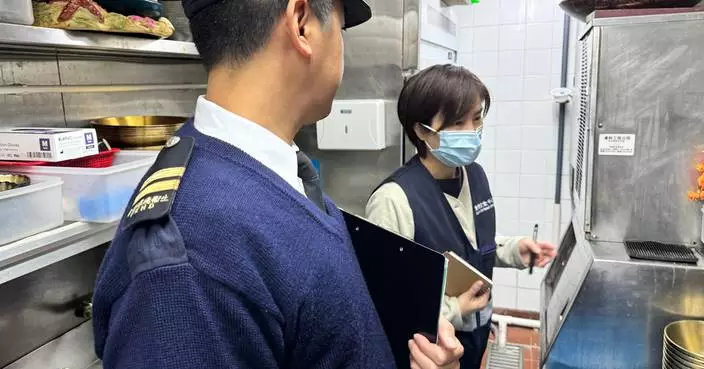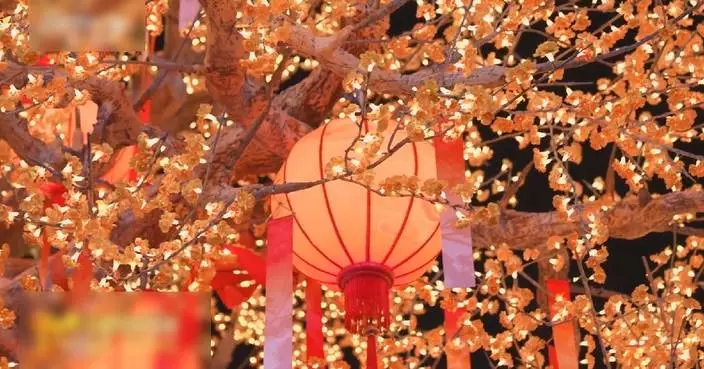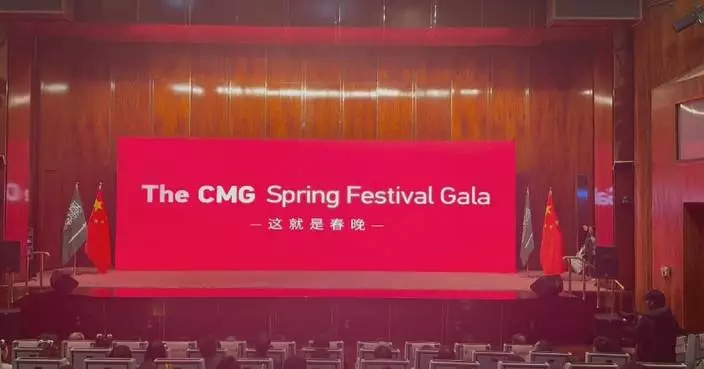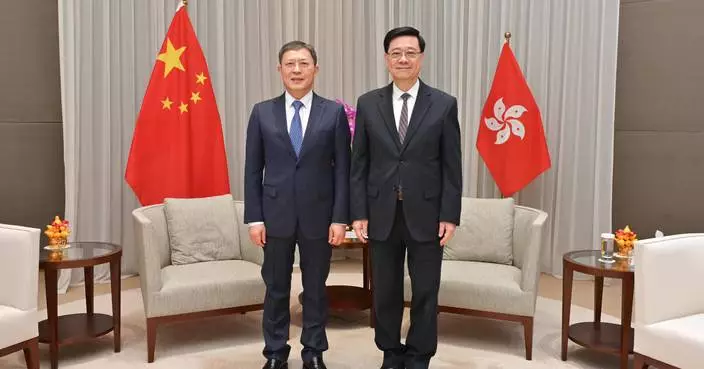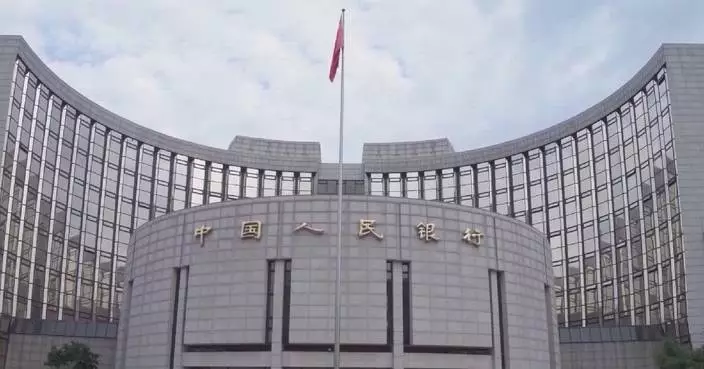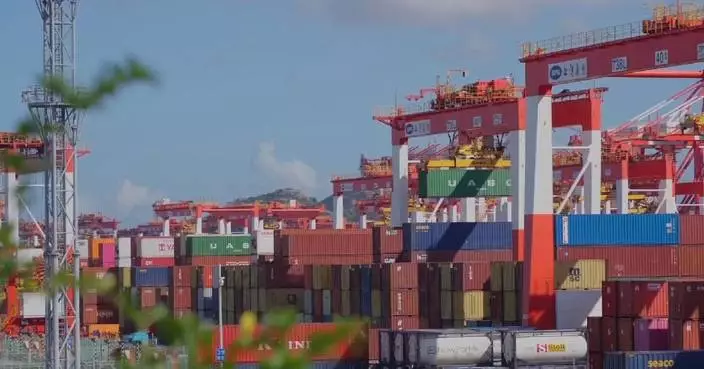As more issues have been coming out amid the ongoing Palestine-Israel conflict, China urges all parties concerned to remain calm and exercise restraint concerning Jerusalem's holy site issue, Chinese Foreign Ministry spokeswoman Mao Ning said on Tuesday.
Recently, Israel's National Security Minister Itamar Ben-Gvir led over 2,000 Jews into the Al-Aqsa Mosque compound (known to Jews as the Temple Mount) in Jerusalem Old City, and claimed that Jews should be able to pray there.
However, the Israeli Prime Minister's Office said in a press statement that "there is no change in the status quo on the Temple Mount."
The Al-Aqsa Mosque compound holds sacred significance for both Muslims and Jews and has long been a flashpoint for deadly violence between the two sides.
Under the status quo, non-Muslim worshippers may visit the site in the heart of the Old City but are not allowed to pray there.
Palestine and the Arab League have condemned Ben-Gvir's deed and remarks.
At a press conference in Beijing, Mao said that stirring up trouble on the issue of Jerusalem's holy sites under current circumstance only makes the situation worse and China firmly opposes it.
"The conflict in Gaza Strip is still ongoing, with high regional tension. At this moment, stirring up trouble on the issue of Jerusalem's holy site is no difference than adding fuel to the flames. China is firmly opposed to it. China always respects and upholds the historical status quo on Jerusalem's holy site. We urge all parties, especially Israel, to remain calm, exercise restraint, and avoid any provocative words or deeds that may aggravate tensions, in order to prevent further escalation of tensions," Mao said.
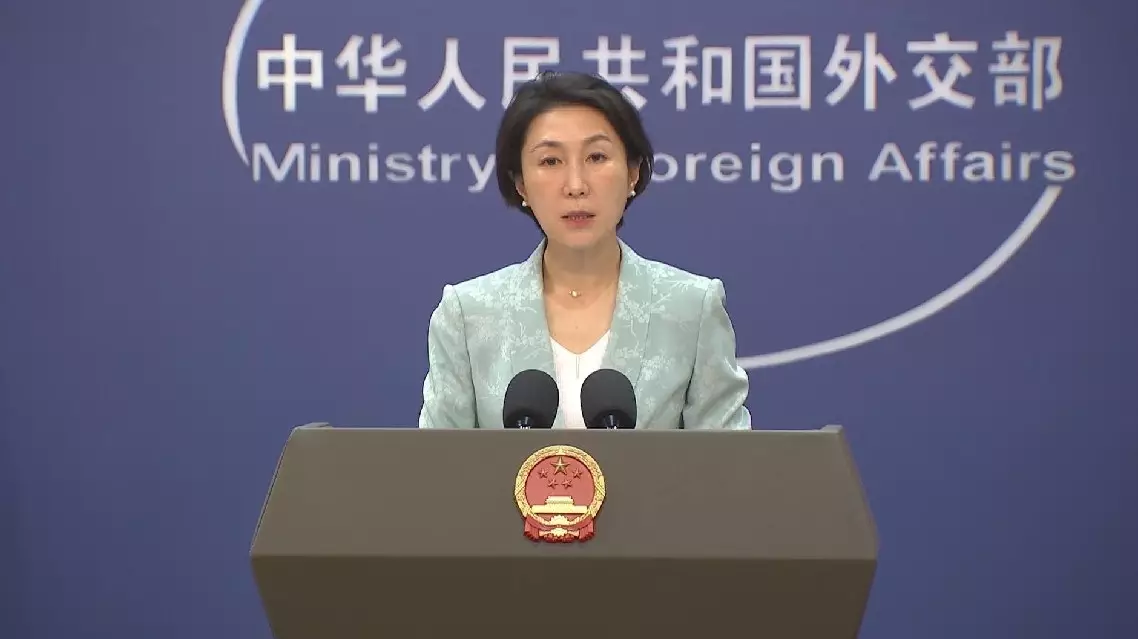
China calls for calm, restraint concerning Jerusalem's holy site issue
A festive atmosphere is building up as people across China have been making preparations to ring in the Spring Festival next week, with lights and decorations set everywhere, and with New Year goods markets all seeing booming sales.
The Spring Festival, which marks the start of the Chinese Lunar New Year, is the most important annual holiday in China, when people across the country return to their hometowns for Chinese Lunar New Year celebrations and family reunion.
In Xi'an City of northwest China's Shaanxi Province, a grand lantern show is in its final stage of preparation before opening to the public ahead of the eve of the 2025 Chinese Lunar New Year. To be lit up on Wednesday, the large light sets presented at the event will draw numerous visitors, with lanterns that replicate 38 cultural relics as the highlight.
Buying New Year flowers has been a custom for Chinese people. In Yancheng City of east China's Jiangsu Province, various flowers which have auspicious meanings are already in high demand.
This year, tulips bred locally have been put on sale, and quickly become a favorable choice for many customers.
"I have never seen this kind of flower before. I think it is really bright-colored. Therefore, I decided to buy some to enhance the festive atmosphere at home," said Zhang Jinjian, a local resident.
The Anchang ancient town in Shaoxing City of east China's Zhejiang Province has a time-honored custom of making aired sausages and spiced duck.
As the Spring Festival draws near, plenty of visitors and tourists choose to purchase these local delicacies as ingredients for their Chinese New Year feast.
"The number of tourists has been increasing, so the sales of our spiced meat have been quite good. Compared with the same period of last year, our sales is expected to increase by about 50,000 yuan (about 6,835 U.S. dollars). We will earn an additional 200,000 to 300,000 yuan (27,335 to 41,000 U.S. dollars) in sales during this whole winter," said Yang Jing, owner of a local spiced meat shop.
In southwest China's Yunnan Province, the "Tiaocai dance" is a time-honored tradition of the Yi ethnic minority group. The dance is presented in the form of serving dishes while dancing to the rhythm. It usually happens on a joyous or grand occasion.
Since the most significant annual festival is around the corner, Yi people have dressed up in traditional costumes, and got ready to welcome the arrival of the Chinese Lunar New Year with the special dance.
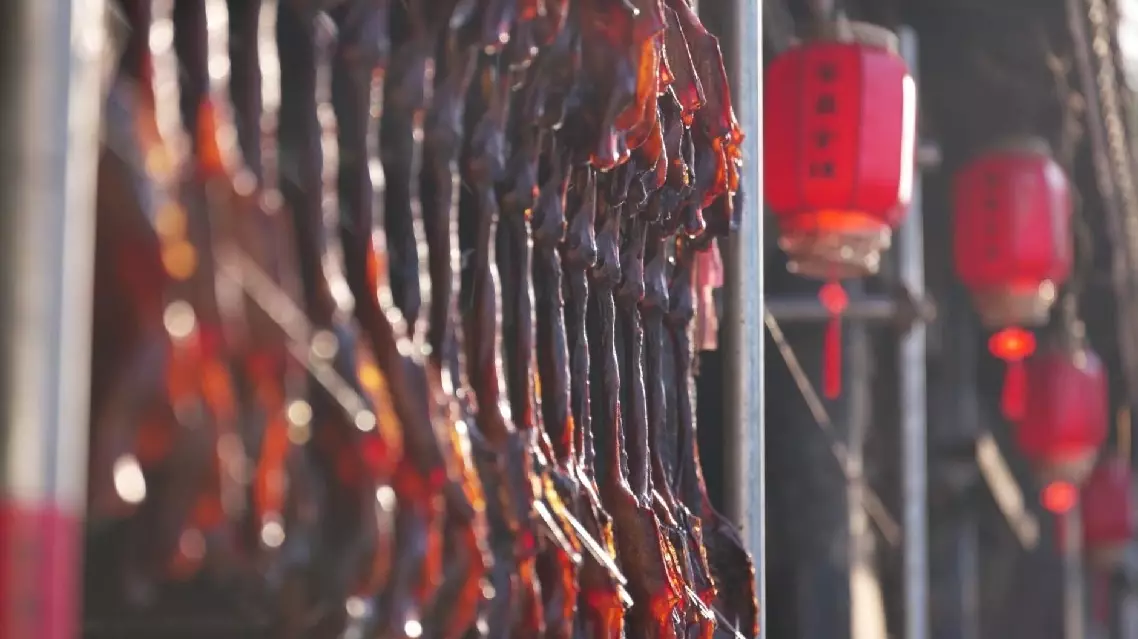
People across China make preparations to welcome Spring Festival



